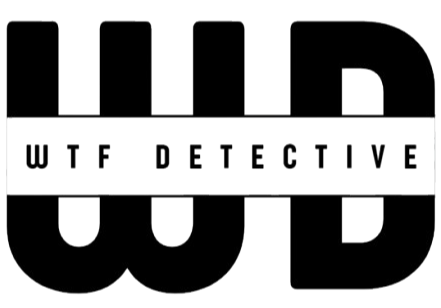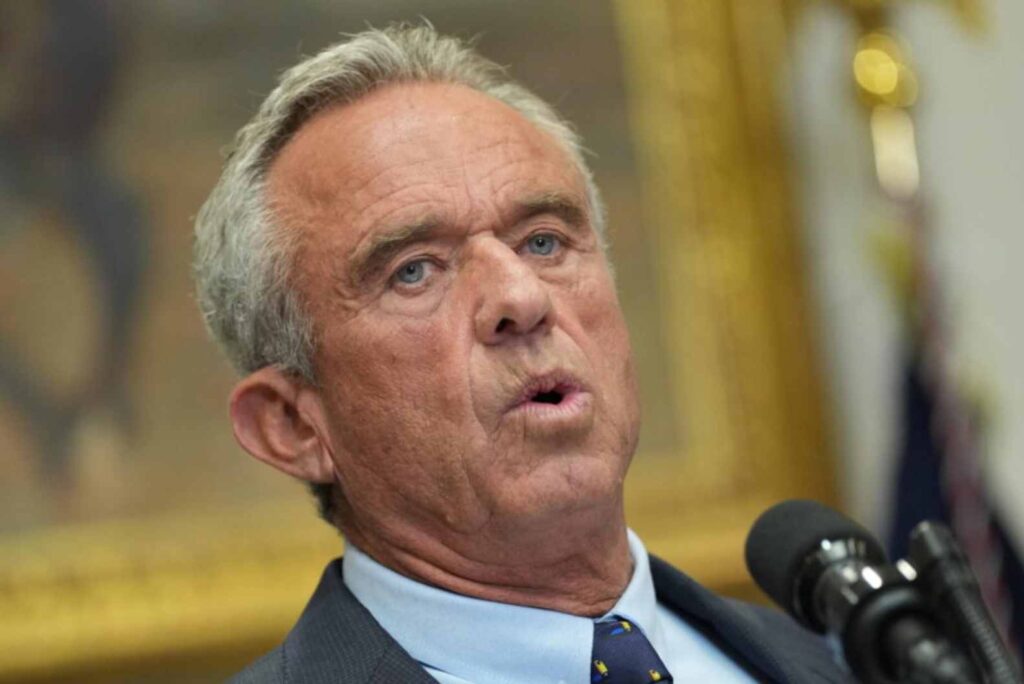Two major psychiatric organizations — the Southern California Psychiatry Society and the Committee to Protect Public Mental Health — have joined a growing coalition of medical and public health groups demanding the removal of Robert F. Kennedy Jr. from his role as Health and Human Services (HHS) Secretary. The organizations say Kennedy’s actions have fostered fear among patients and disrupted access to mental health and addiction treatment across the nation.
The Southern California Psychiatry Society represents more than 1,000 physicians, while the Committee to Protect Public Mental Health includes just over 50 professionals.
“As physicians committed to evidence-based care, we are alarmed by the direction of HHS under Secretary Robert F. Kennedy, Jr,” groups communicated.
In response, department spokesperson Emily Hilliard defended Kennedy’s leadership, saying, “Secretary Kennedy remains firmly committed to delivering on President Trump’s promise to Make America Healthy Again by dismantling the failed status quo, restoring public trust in health institutions, and ensuring the transparency, accountability, and decision-making power the American people voted for.”
According to Steven Sharfstein, former president of the American Psychiatric Association and member of the Committee to Protect Public Mental Health, the federal government has played a key role in supporting programs for serious mental illness and substance abuse through the Substance Abuse and Mental Health Services Administration (SAMHSA).
“There’s been great progress in reducing the number of overdose deaths in the country as a result of these initiatives,” said the specialist. However, Sharfstein noted that the dismissal of SAMHSA employees earlier this year, along with Kennedy’s push to dismantle the agency, has undermined years of progress.
“RFK Jr. is trying to eliminate the federal agency that is responsible for supporting states and localities with overdose prevention,” says Dr. Eric Rafla-Yuan, a San Diego-based psychiatrist and a member of the Committee to Protect Public Mental Health. “This is exactly opposite of the direction that we need to be going.”
The two organizations also voiced alarm over Kennedy’s stance on psychiatric medications, outlined in his Make Our Children Healthy Again (MAHA) report.
Experts argue the report distorts scientific data on psychotropic drugs, disregards peer-reviewed evidence, and advocates for limits on access to these medications — an approach they say endangers patients with depression, anxiety, schizophrenia, ADHD, and other serious conditions.
“This misrepresentation increases stigma, spreads fear, and can keep people from reaching out for help when they need it most,” said the Southern California Psychiatric Association. “The report uses these inaccurate statements as a basis for taking action to restrict access to critical services that ease suffering, restore functioning, and prevent suicide.”
Dr. Sharfstein further warned that proposed Medicaid cuts could have devastating consequences for people with serious mental illnesses such as schizophrenia and bipolar disorder. The National Institute of Mental Health estimates that nearly 6% of U.S. adults live with an SMI, underscoring the importance of accessible care.


